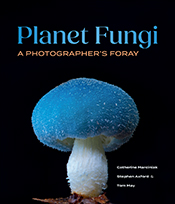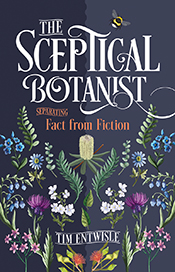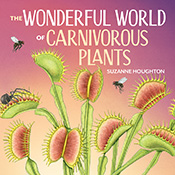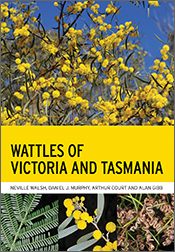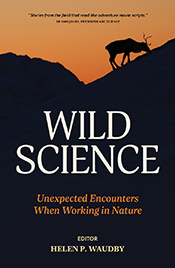Biodiversity: Integrating Conservation and Production
Case Studies from Australian Farms, Forests and Fisheries
Edited by: Ted Lefroy, Kay Bailey, Tony Norton, Greg UnwinA collection of 17 case studies on Australia’s experience with community based environmental conservation.
Australia’s experience in community-based environmental repair is unique in the world, with no shortage of analysis by bureaucrats, academics and environmentalists. This collection of 17 case studies gives a view from ground level. It includes heroic accounts of families who changed their way of farming and their relationship to the land so significantly they found they could stop hand-feeding stock during a drought and see the bush coming back. It describes the experience with ‘bush tenders’, which were oversubscribed, as farmers competed with each other for stewardship payments to manage their grazing lands for endangered ground-nesting birds as well as beef and wool. And it tells of a group of wheat growers who plant patches of grassland for beneficial insects that save them tens of thousands of dollars a year in pesticide bills. + Full description
The case studies arose from a meeting of 250 farmers, foresters and fishers from all Australian states, who met in Launceston as guests of the community group Tamar Natural Resource Management to reflect on the question: ‘Is it possible to be good environmental managers and prosper in our businesses?’ As well as tales of environmental hope, there are also messages about the limits of duty of care, the need to share the costs of achieving society’s expectations, and the possibility of learning from unlikely places. Biodiversity: Integrating Conservation and Production includes the seven ‘Tamar Principles’, distilled by the delegates from the meeting for those on the front line.
- Short descriptionReviews
"...it becomes apparent that long term sustainability and short term viability are being bridged with some clever and at times inspirational approaches…the book delivers in relating the seminal points of a productive conference while appealing to our intellect, emotions and spirit."
Michael H Parsons, Ecological Management and Restoration, Vol 10, No 1, April 2009
"This well written book, all in first tense and in each author's style, makes you want to delve deeper and to read and re-read each case study to find what lies at the heart of the author's beliefs and actions. I recommend this book to any farmer, forester, fisher, scientist, educator, student and natural resource decision maker."
Arthur Lyons, Australian Forest Grower, Summer 2009
Details
ePDF | September 2008ISBN: 9780643096219
Publisher: CSIRO Publishing
Available from eRetailers
ePUB | September 2008
ISBN: 9780643098664
Publisher: CSIRO Publishing
Available from eRetailers
Features
- First-person accounts of Australia’s experience with community based environmental conservation
- Introductory chapter by Severn Cullis-Suzuki, the daughter of David Suzuki and the voice of environmental advocacy for generation Y
- A chapter by Professor David Lindenmayer, one of Australia’s leading environmental scientists
- The seven Tamar Principles, actions for biodiversity conservation within production systems extracted by the delegates from the conference proceedings
Authors
Ted Lefroy trained as an agronomist, working in Queensland, Papua New Guinea and Western Australia before starting a research career focused on the environmental consequences of agriculture. In 2003 he was awarded a Eureka Prize and in 2005 he moved to the University of Tasmania as Director of the Centre for Environment.Kay Bailey trained as a geographer and spent 25 years working in the environmental field for the Australian and Northern Territory governments in Canberra, Kakadu, Darwin and Alice Springs. In 2004 she took up her current position of Executive Officer with Tamar NRM in Launceston.
Greg Unwin is a forest ecologist and Senior Lecturer in Forest Ecosystems and Agroforestry in the School of Geography and Environmental Studies, University of Tasmania. His research interests centre on the dynamics of tropical and temperate forest ecosystems and the ecophysiological processes which sustain forest diversity and productivity.
Tony Norton is Foundation Professor of Agricultural Ecology at the University of Tasmania and Tasmanian Institute of Agricultural Research. He is a landscape ecologist and has published over 260 scientific articles including five books on spatial information science, NRM, biodiversity conservation and environmental policy.



